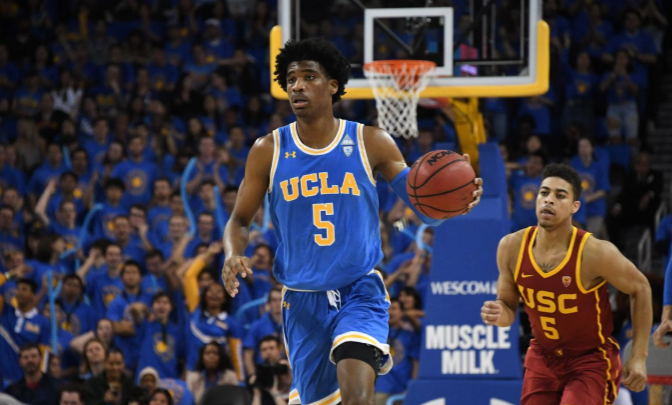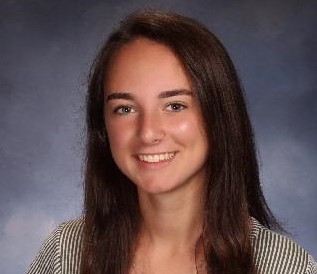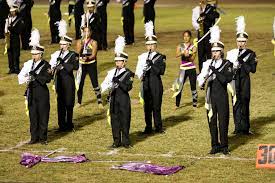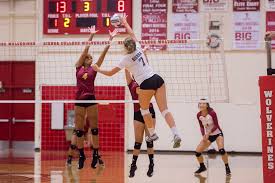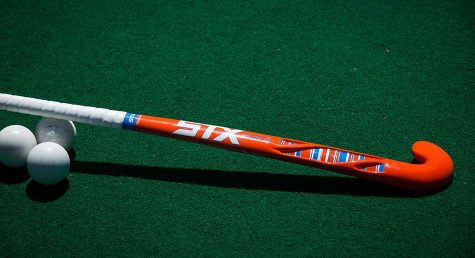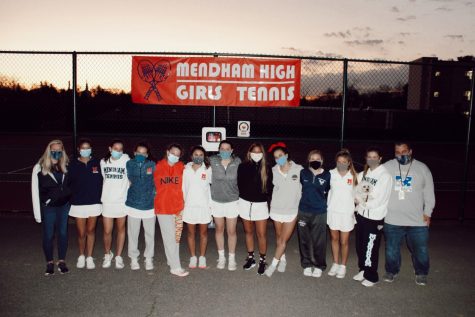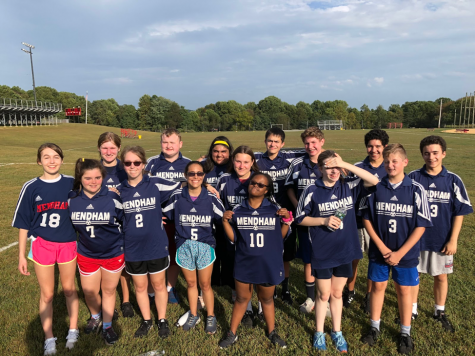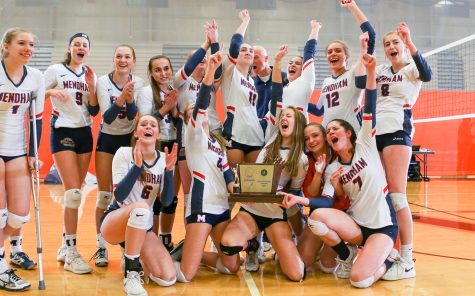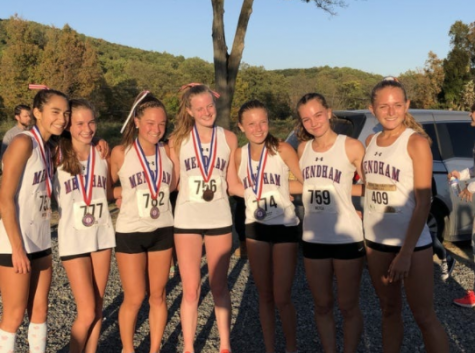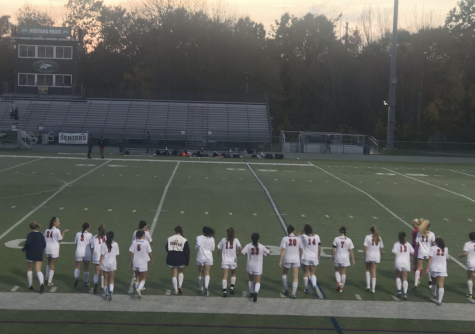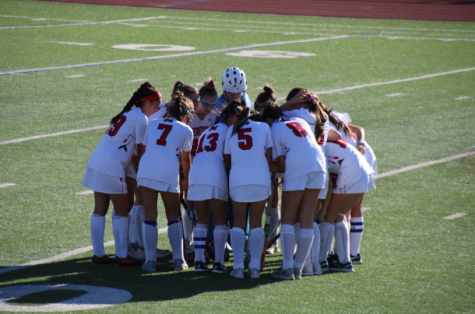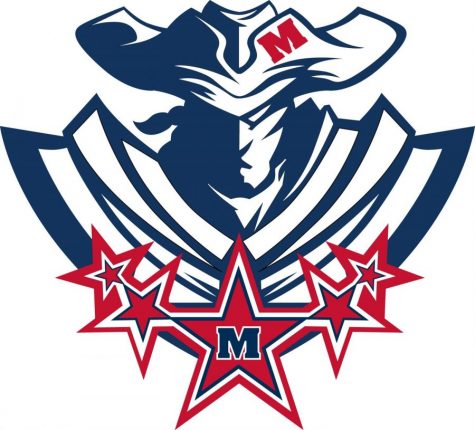Sponsorship or Scheme? The Fair Pay to Play Act
UCLA is one of the elite athletic universities that the NCAA could prohibit from competing in actual games and competition.
October 23, 2019
On September 30th, governor of California, Gavin Newsom (D) signed the Fair Pay to Play Act. This new law will allow division 1 student athletes to essentially be paid for their name, including sponsorships, endorsement deals, and autograph signings, etc. The law has received a lot of support through social media with big time athletes like Lebron James, Draymond Green, Kevin Durant, and even presidential candidate Bernie Sanders weighed in on behalf of student-athletes. In a tweet posted on September 6th, 2019, Sanders said, “College Athletes are workers. Pay them.” referring to how college students who aren’t athletes have the freedom to go online and market their name and get recognition, along with possible income through fame and social media for the work they create (Bernie Sanders’ Twitter). However, college athletes work extremely hard and the university makes profit off of their hard work and the success athletes create for the school and athletes do not have the opportunity to make any money, without fear of athletic suspension.
Additionally, many talented athletes live in struggling financial situations. Many division 1 athletes do not have the opportunity to support their families, other than taking away the cost of college tuition. Lauren Wilcock, a University of South Carolina beach volleyball commit, talks of the difficulties of playing a division 1 sport and the time restraints many athletes deal with. Lauren supports the Pay to Play Act and says, “you can’t have a job on campus and you’re always training or traveling, so if this is a way to help someone pay through college or get some on the side money, I think it’s a good thing”.
Some people argue that the ability to be paid will hinder the passion for the game and end the typical standards of college sports. However, Ashley Peck, a Syracuse lacrosse commit, believes that the new sponsorship law will not take away passion for the game. She says, “I think [the Fair Pay to Play Act] will make [passion] better because [the athletes] are going to be pushing themselves more to make the sponsorships better”.
With the new law going into effect in 2023, corporations with money to sponsor athletes now have power over collegiate athletes. These companies now have the ability to manipulate the image of the athletes and the message they send, in exchange for a sponsorship contract. These people also argue that athletes receive scholarships for their school which is equivalent to a salary. There is also the issue of how this new law will affect a team atmosphere. Many collegiate programs are almost cut throat in regard to attention and playing time. There is a lot of concern on how the new law and who is receiving sponsorships would affect this. Hilary Klimowicz, a guidance counselor at Mendham, and former Division 1 and Division 3 basketball player at St. Joes and TCNJ weighed in on how this new law may create problems for a team atmosphere. Ms. Klimowicz worries that if an athlete knows that the person next to them is playing a few more minutes than that person and wonders, “how can that affect the comradery?” and says that “there is enough competition with playing time that [she] think[s] throwing money into the equation will make it more difficult”.
The NCAA did not respond to the new legislation supportively. In a letter written to the governor of California, the NCAA Board of Governors said, “If the bill becomes law and California’s 58 NCAA schools are compelled to allow an unrestricted name, image and likeness scheme, it would erase the critical distinction between college and professional athletics and, because it gives those schools an unfair recruiting advantage, would result in them eventually being unable to compete in NCAA competitions,” meaning that powerhouse schools in California like Stanford, USC, and UCLA would be barred from having actual competitions and games in the NCAA. The NCAA emphasizes rules that are uniform across the United States, prohibiting the creation of an unfair advantage in California where prospective student-athletes will choose schools where they can be paid. NCAA Representatives worry about the laws spreading and issues arising like the possibility of Nike co-founder and University of Oregon alumni, Phil Knight from pushing Oregon for a Nike sponsorship or a war between Clemson or Alabama on who’s brand will promise more money guaranteed, besides the scholarship money already promised.
The Fair Pay to Play Act does not go into effect until January 1st, 2023 but it has already gained the concern of the entire country. With this much attention, the law could thrive and create many opportunities for student-athletes in California, or it could flop and create rifts between teams, while also wrecking the relationship between Division 1 California schools and the NCAA. Whatever happens in 2023, the entire world will be watching to see whether more states will hop on the bandwagon of paying student-athletes and if these sponsorships will be effective or destructive.

